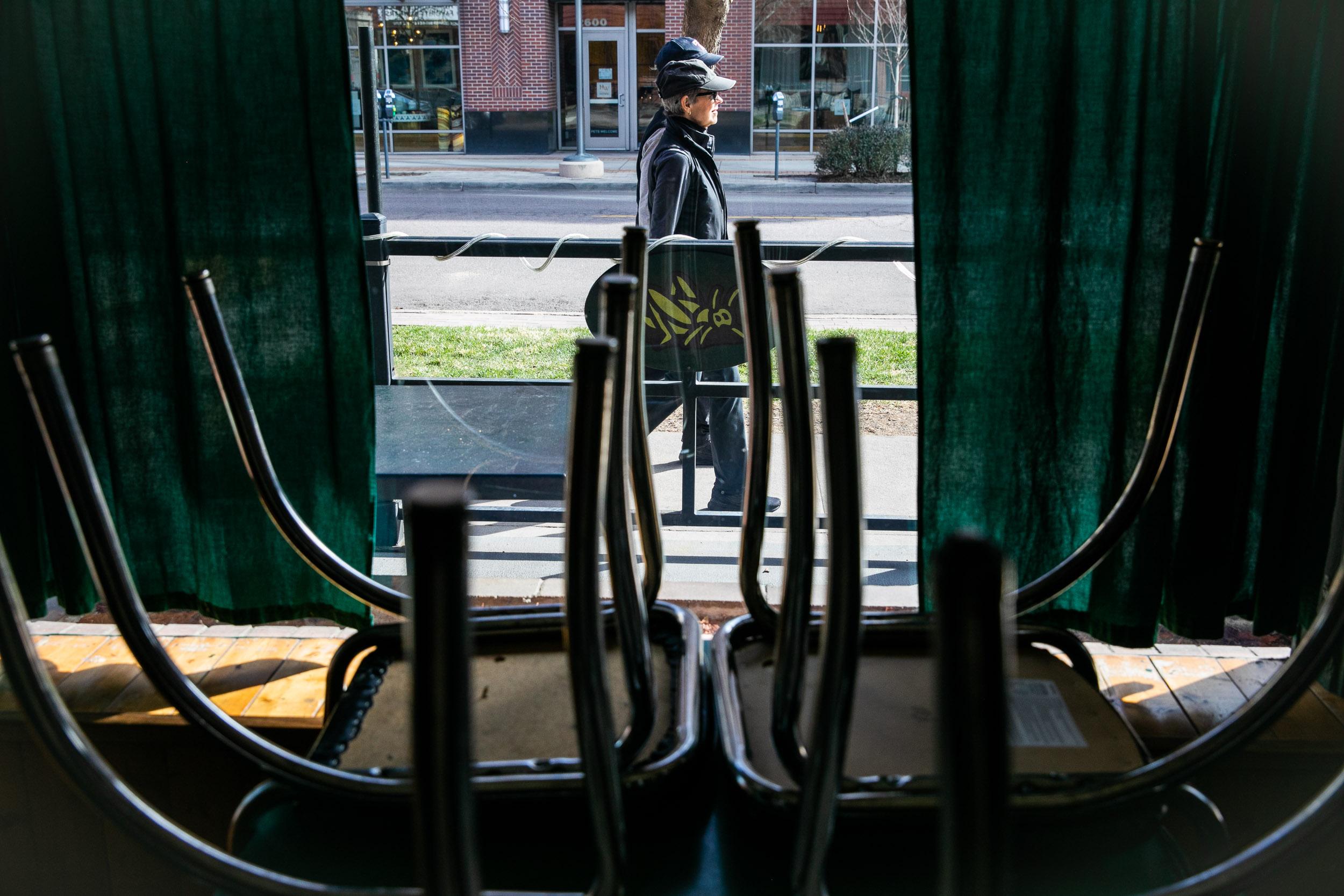
It’s the fourth week in a row that standard unemployment claims have declined.
“However, levels are still three times higher than they were at the height of The Great Recession,” Colorado Department of Labor and Employment’s Senior Economist Ryan Gedney said.
There were 22,483 initial unemployment filed last week. That’s about a 20 percent decrease compared to the week before.
The federal government’s expanded unemployment program is also seeing a decrease in initial claims. These are benefits that are accessible to gig and self-employed people. Before Congress passed additional aid in response to COVID-19, they did not qualify for unemployment benefits. The first week it was available, 40,906 claims were filed. The following week ending May 2, it went down to 13,149. The most recent week ended with 9,125 initial claims. From the time this has been available until May 9, the most recent day for which data exists, the expanded federal claims have cost $108.8 million.The total number of federal Pandemic Unemployment Assistance claims is 63,180 so far.
Over the last two months, people have filed 387,975 regular unemployment claims. That exceeds the number of regular claims filed from 2017 to 2019 combined. The five industries with the most claims are accommodation and food services, retail, healthcare and social services, waste management, and entertainment.
Regular unemployment benefits last for 26 weeks but with programs under the CARES Act, it can be as long as 39. During the COVID-19 pandemic, people applying for benefits have not had to prove they were actively seeking work. Now that Colorado is shifting from stay-at-home to safer-at-home, the state wants to reinstate that requirement.
“Once folks are now starting to return to work, we would reinstate that requirement at some point too so that we can ensure the integrity of those benefits being paid,” Cher Haavind, Deputy Executive Director of Colorado Department of Labor and Employment, said.
The cost of the expanded unemployment program and the record-breaking number of people requiring assistance has led to a steep price tag for the cash-strapped state.
During the height of the Great Recession from 2009 to 2019, the average weekly payout of benefits was $19 million. The previous monthly record was set in May 2009 at $102.8 million. But April set a new record: about $315 million in regular benefits paid out. The insured unemployment rate was 3.7 percent for the week ending in May 2nd, which broke the previous record of 3.52 percent in April 2010.
The department also had paid out the federal pandemic unemployment compensation which gives people who qualify for unemployment an extra $600 a week. Since April 20, that has cost $550 million.









